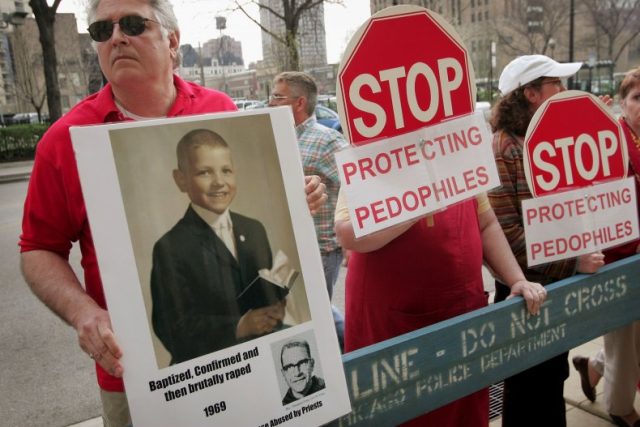
Pope Francis has just announced that he is personally committed to eradicating sexual abuse within the Catholic Church. The Pope stated in an exclusive interview conducted in Rome last month that the church had “zero tolerance” for abuse and that “a priest cannot remain a priest if he is an abuser.”
Since Francis took over as the head of the Vatican Catholics in 2013, with 1.2 billion members around the world, numerous studies revealing decades of sexual abuse, systematic failures, and cover-ups across numerous nations have been published. Francis received harsh criticisms for some of his decisions, such as when he supported a Chilean bishop who was accused of covering up a sex scandal in 2018.
Sexual abuse cover-up in the Catholic Church is not surprising to some people. This is because every now and then, reports regarding Catholic priests becoming involved in a sexual scandal surface on the internet, and usually, almost no one in the Vatican talks about it. For example, just in October of last year, it was revealed that a French clergyman had sexually molested more than 200,000 children over the past 70 years, but the investigator accused the Catholic Church of covering up the abuse. Jean-Marc Sauve, the president of the commission that created the report, claimed that the church had displayed “deep, utter, and even cruel indifference for years,” shielding itself rather than the victims of widespread abuse.
Following a string of sexual abuse scandals throughout the world, frequently involving children, the disclosures in France are the most recent to shake the Roman Catholic Church. The committee was founded by French Catholic bishops at the end of 2018 to bring abuses to light and rebuild public trust in the church during a period of declining attendance. With no assistance from the Church, it has operated. The issue, according to Sauve, is still present. The church, he continued, had previously exhibited complete indifference to victims up until the 2000s, and it wasn’t until 2015–2016 that this attitude started to change.
Meanwhile, just in July, another accusation against the Catholic Church in Australia had been on the news, claiming that the church had utilized the passing of a pedophile priest to protect itself from legal action stemming from new allegations of child sexual abuse. The Lismore diocese successfully argued for a permanent halt to the civil case filed by a lady who claimed Father Clarence Anderson had sexually raped her in 1968 while she was 14 years old inside her family’s home. The woman, identified only as GLJ, filed a lawsuit against the church in the New South Wales Supreme Court, accusing it of being responsible for an assault that was opportunistic, aggressive, intrusive, and extremely traumatic.
She claimed that because the diocese knew or should have known that Anderson had harmed other children, it was negligent and had violated its duty of care to her. According also to her statement, the church knew Anderson was assaulting boys at least four years before her claimed assault, but did not remove him from the clergy. Instead, they moved him among parishes where he continued to abuse boys. Senior members of the church were aware of his abuse, and the then-bishop of Lismore noted as much in a 1971 letter:
“Anderson has had a recurring trouble in sexual matters, especially homosexuality. This first came to my notice about some six years ago, and in every case young boys were involved. We have made persistent efforts to help him to overcome his problem, but apparently without any appreciable result.”
Anderson was sent to Macksville, Maclean, and finally Lismore. According to church documents, Anderson was the subject of charges of abuse in each of the four parishes. In spite of this background, the church has now made two attempts to have GLJ’s civil lawsuit dismissed.
Due to the shame, trauma, and fear associated with surviving such crimes, the Child Abuse Royal Commission made it clear that child sexual abuse complaints could take decades to emerge. Many countries eliminated the statute of limitations for civil claims as a result of the royal commission’s conclusions. The decision of the court of appeals could have a substantial impact on additional legal lawsuits involving historical child abuse, many of which are brought after the abusers have died.
Reference:
https://edition.cnn.com/2022/09/04/europe/pope-francis-interview-ukraine-abuse-intl/index.html
Featured image: https://www.newsweek.com/illinois-opens-24-catholic-church-sexual-abuse-cases-that-were-never-investigated-1460084





